Research
Zhang (Chun-Li) Lab research focuses on cellular plasticity in the adult nervous system and modeling human neurodegenerative diseases. We use cell culture and genetically modified mice as model systems. Molecular, cellular, electrophysiological, and behavioral methods are employed.
Genetic and epigenetic regulation of neurodegeneration and regeneration
In vivo reprogramming of resident glial cells for regeneration.
Irreversible neuron loss is a major cause of the devastating effects that lead to morbidity and mortality after trauma, stroke, or neurodegenerative conditions. The region-restricted localization of endogenous neurogenic NSCs render them inadequate for repair of the damaged network. In contrast to neuron loss, resident glial cells, which are very abundant and ubiquitously distributed in the nervous system, become reactive and proliferate surrounding the damaged regions. Reprogramming some of these glial cells into local neurons may promote regeneration by creating a beneficial environment and forming new circuits between induced and surviving neurons. Our studies revealed that resident glial cells can be sequentially reprogramed into neural progenitors, neuroblasts, and mature neurons in the adult brain and spinal cord after injury.

Human patient-specific neurons will be crucial for understanding adult-onset neurodegenerative diseases. Induced pluripotent stem cells (iPSCs) derived from human skin fibroblasts and their differentiation into subtype-specific neurons are emerging as a cellular model for investigating these diseases. However, iPSCs and the differentiated neurons are reset to an embryonic stage during reprogramming. These embryonic or young neurons are inappropriate for modeling adult-onset neurological diseases. We have established a direct reprogramming approach by converting adult human skin fibroblasts to highly pure subtype-specific neurons without passing a stem cell stage. These neurons maintain aging features of their parental fibroblasts and are therefore ideal for modeling adult-onset neurodegeneration. Using this unique cell model, research efforts are on understanding disease mechanism, therapeutic drug identification and validation.
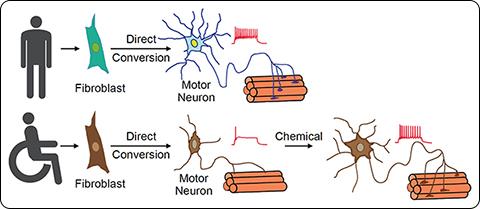
Meet the Principal Investigator
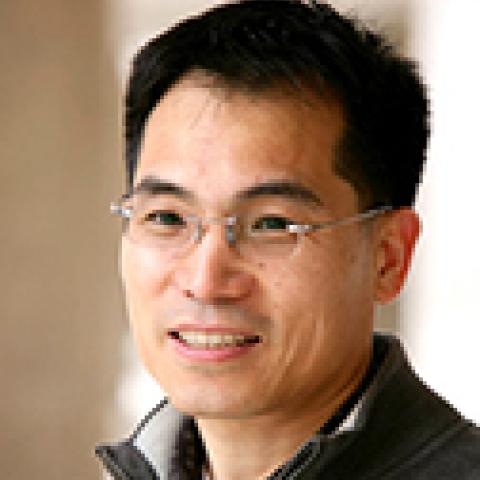
Chun-Li Zhang, Ph.D.
Professor
Endowed Title: W.W. Caruth, Jr. Scholar in Biomedical Research
Department: Molecular Biology
Graduate Programs: Genetics, Development and Disease, Neuroscience
Meet the Team
Pamela Jackson
Administrative Assistant

Yuhua Zou, M.Sc.
Research Scientist
M.Sc. at UT Dallas, TX
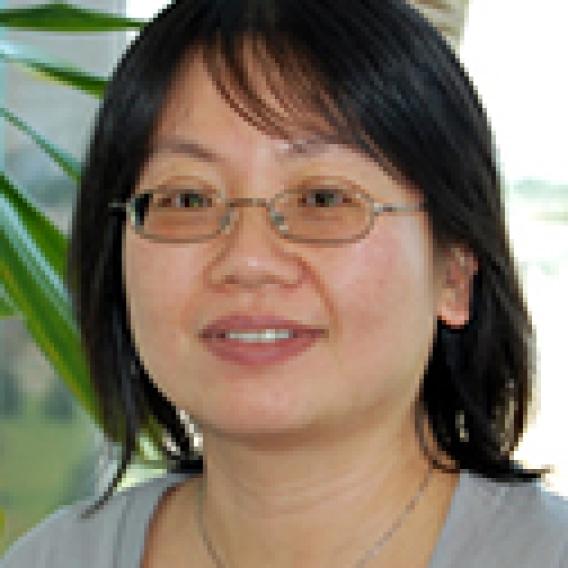
Yunjia Zhang, Ph.D.
Postdoctoral Fellow
Ph.D. at Institute of Physics, China
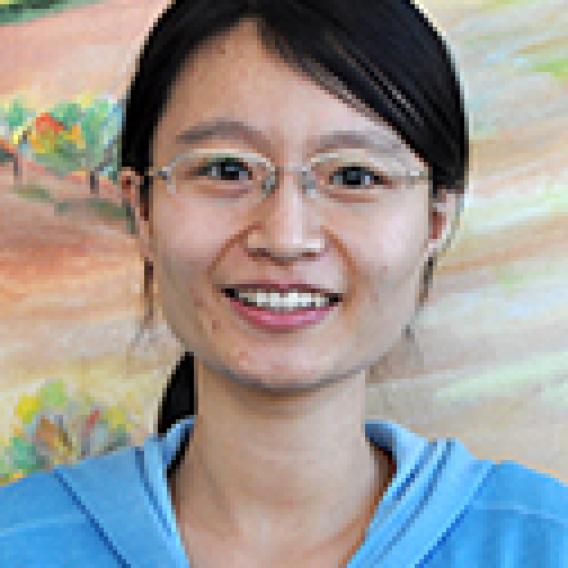
Xiaoling Zhong, Ph.D.
Postdoctoral Fellow
Ph.D. at Wuhan University, China

Sergio Cananzi, Ph.D.
Postdoctoral Fellow
Ph.D. at Louisiana State University Health Science Center, LA
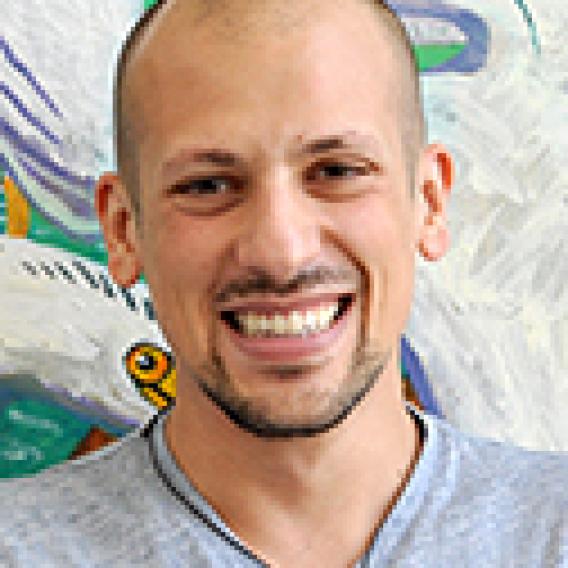
Tianjin Shen, Ph.D.
Postdoctoral Fellow
Ph.D. at Chinese Academy of Sciences, China
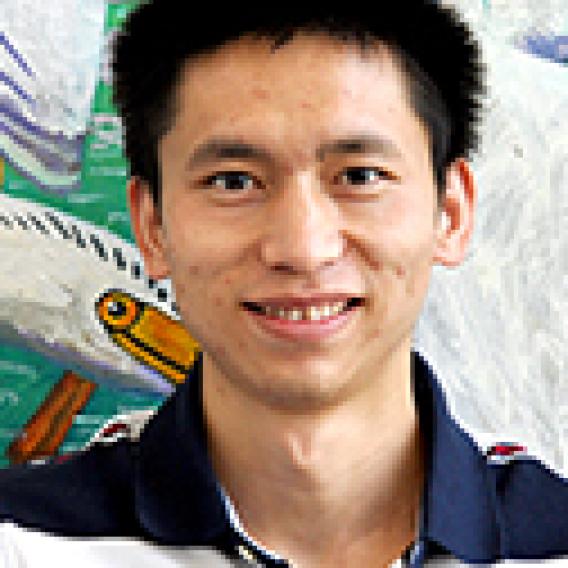
Shuaipeng Ma, Ph.D.
Postdoctoral Fellow
Ph.D. at Peking University, China
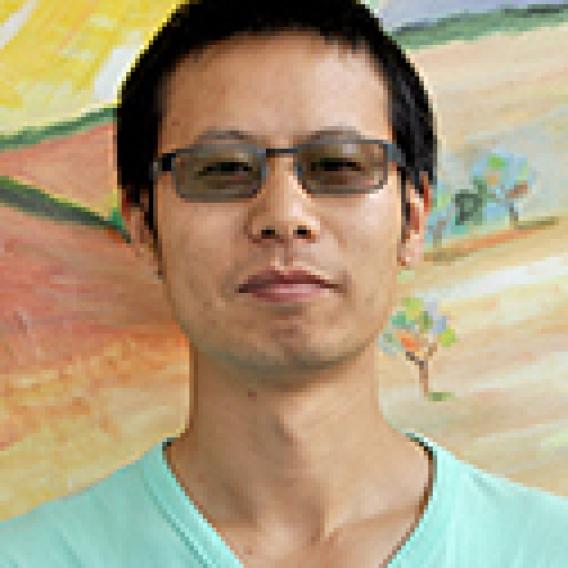
Lei-Lei Wang, Ph.D.
Postdoctoral Fellow
Ph.D. at Wuhan University, China
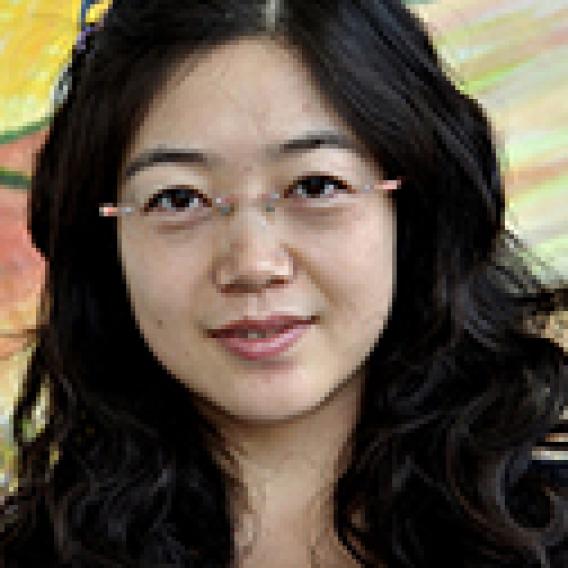
Wenjiao Tai, M.D., Ph.D.
Postdoctoral Fellow
Ph.D. at Chinese Academy of Medical Sciences-Peking Union Medical College, China
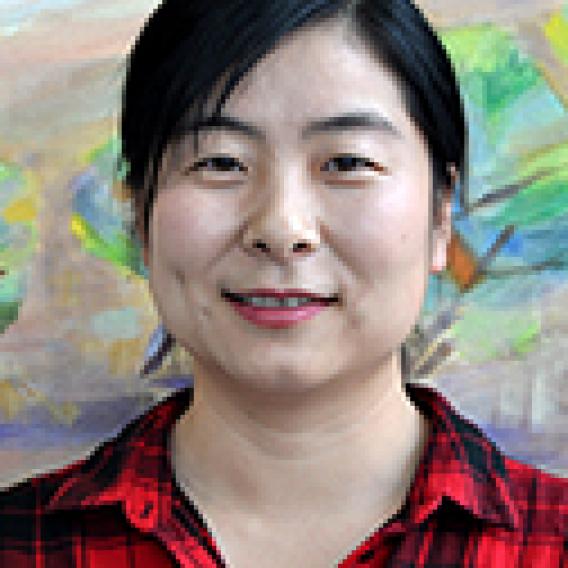
Anupam Raina, Ph.D.
Postdoctoral Fellow
Ph.D., Georg-August-Universität Göttingen, Germany
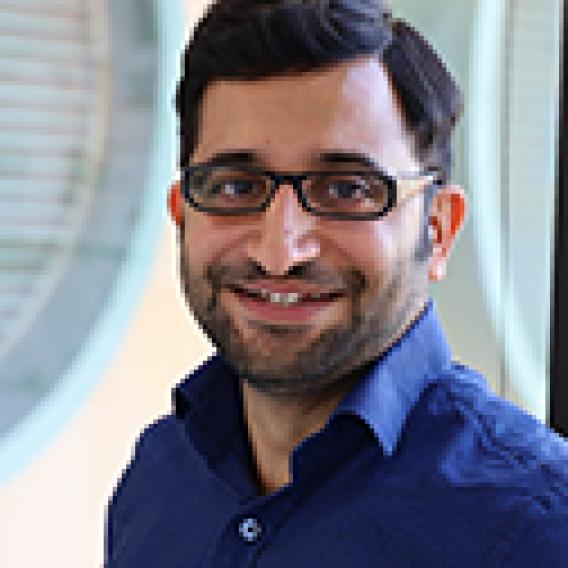
Carolina Garcia, Ph.D.
Postdoctoral Fellow
Ph.D., Centro de Investigación y de Estudios Avanzados del Instituto Politécnico Nacional, Mexico
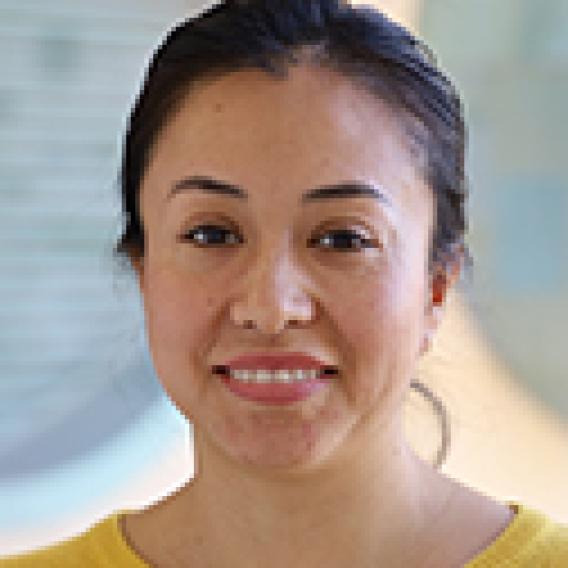
Wenjiao Tai, M.D., Ph.D.
Postdoctoral Fellow
Ph.D. at Chinese Academy of Medical Sciences-Peking Union Medical College, China

Ying Yu, M.D., Ph.D.
Physician, Wuhan University, China
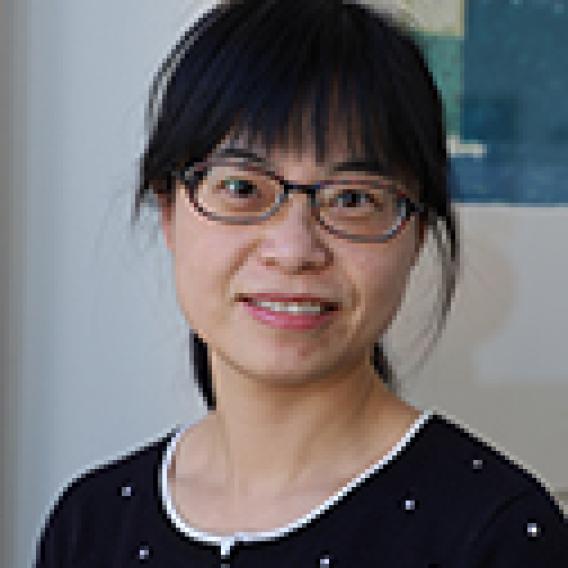
Sishi Pan, M.D., Ph.D.
Physician, Wenzhou Medical University, China
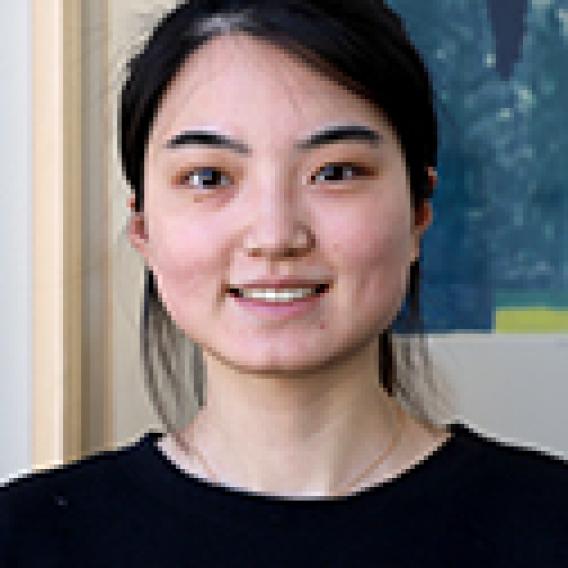
Meng-Lu Liu, Ph.D.
Professor, Ningbo University, China
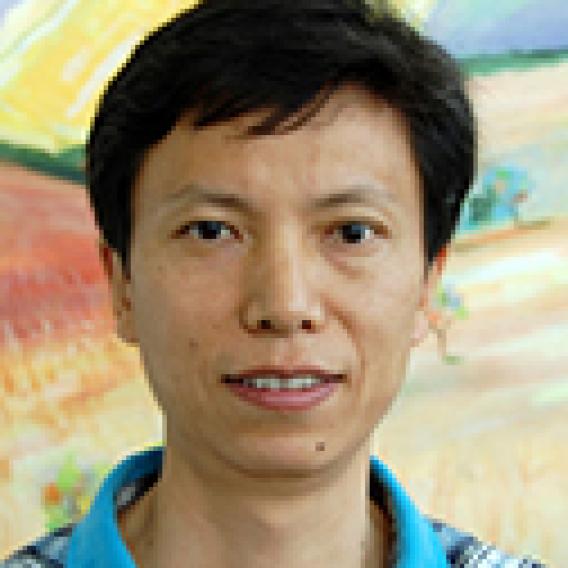
Saidan Ding, Ph.D.
Senior Investigator, Wenzhou Medical University, China
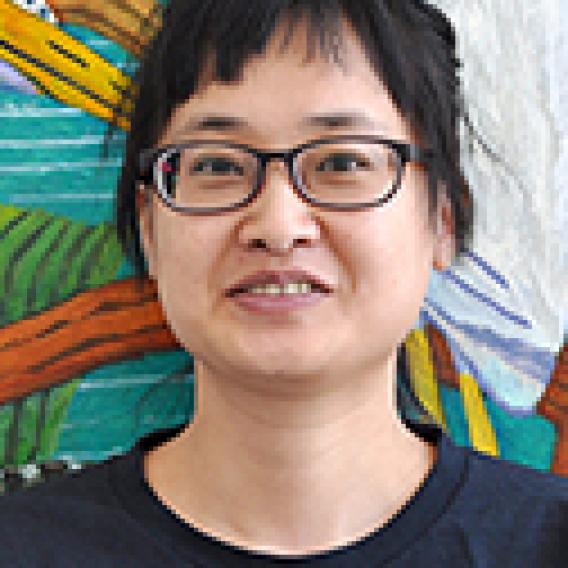
Haoqi Ni, M.D., Ph.D.
Neurosurgeon, Wenzhou Medical University, China
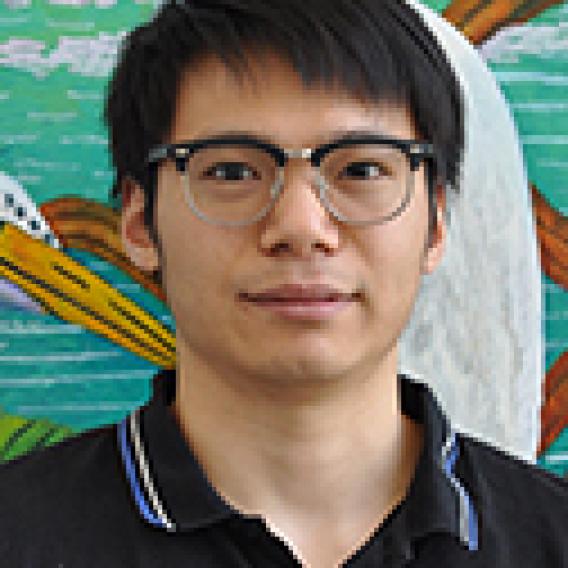
Tong Zang, Ph.D.
General Manager InGod Limited, TX
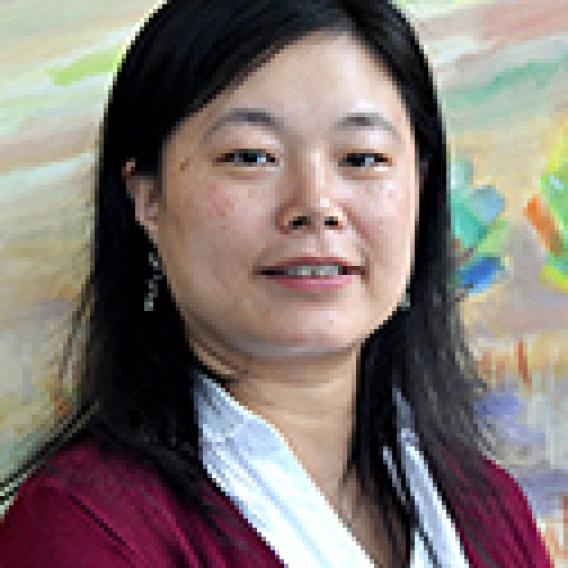
Jianjing Yang, M.D./Ph.D.
Neurosurgeon Wenzhou Medical University, China
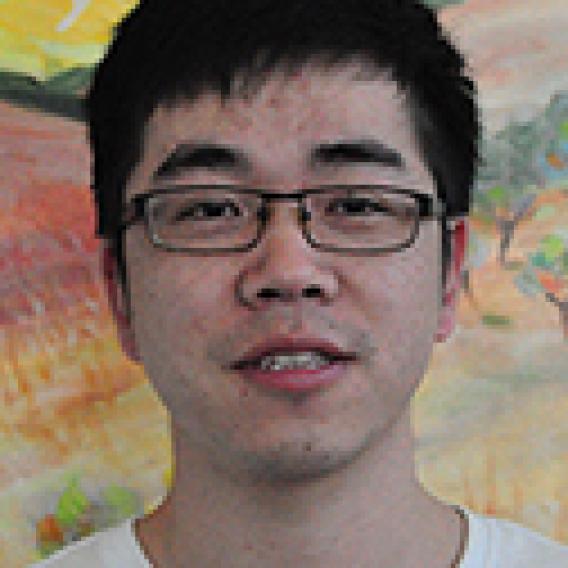
Yu Tang, Ph.D.
Associate Professor Central South University, China
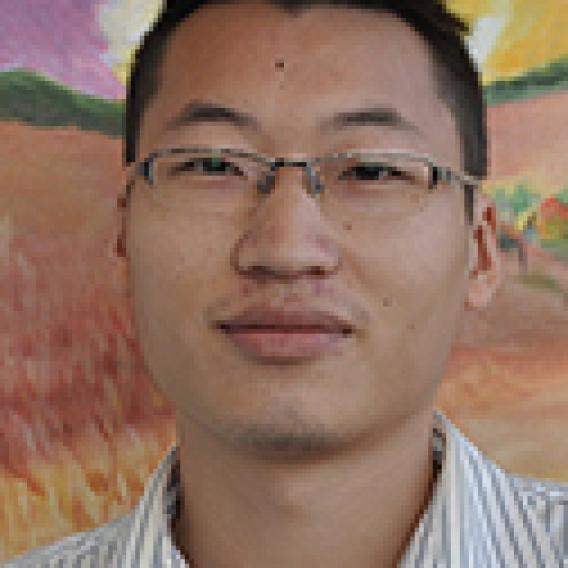
Baojin Ding, M.D./Ph.D.
Assistant Professor University of Louisiana
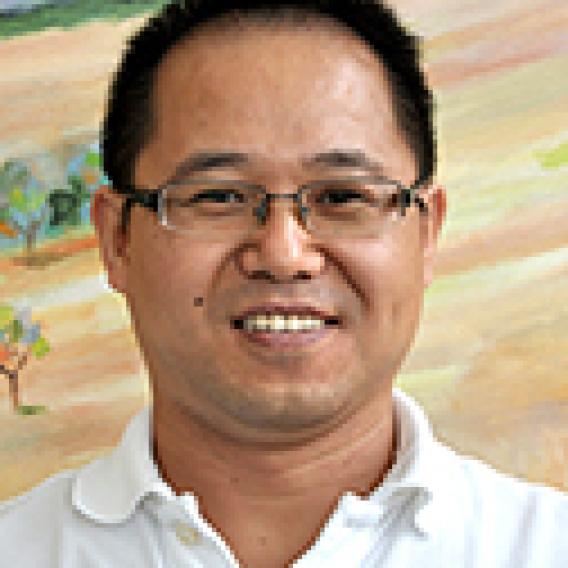
Chunhai Chen, Ph.D./M.D.
Associate Professor Third Military Medical University, China
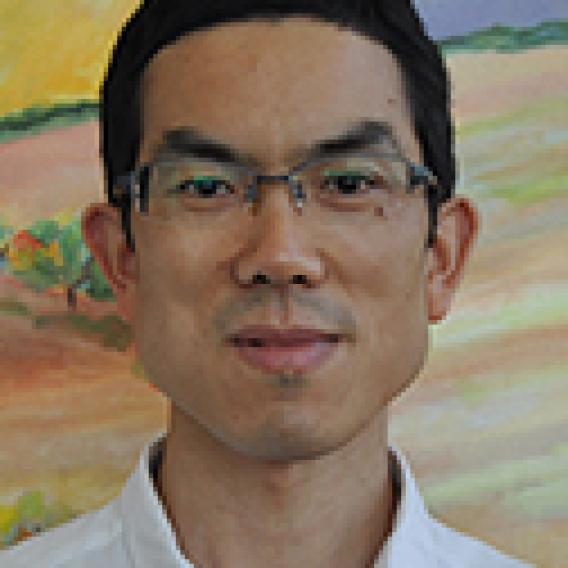
Jiahong Sun, Ph.D.
Assistant Professor Zhongshan University, China
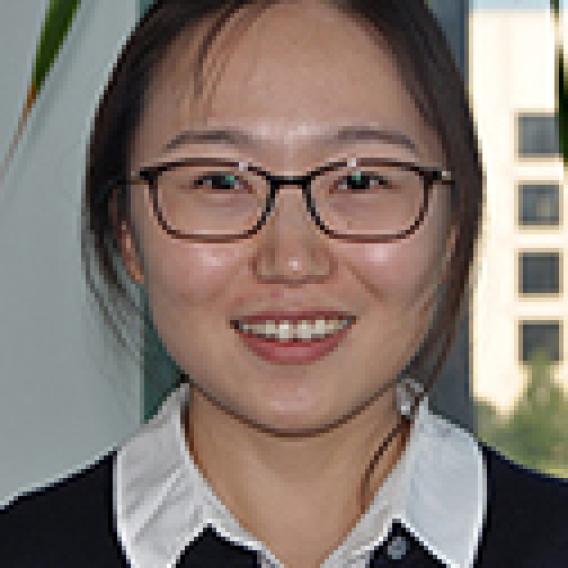
Amel Ahmed, M.D./Ph.D.
Lecturer Assiut University, Egypt
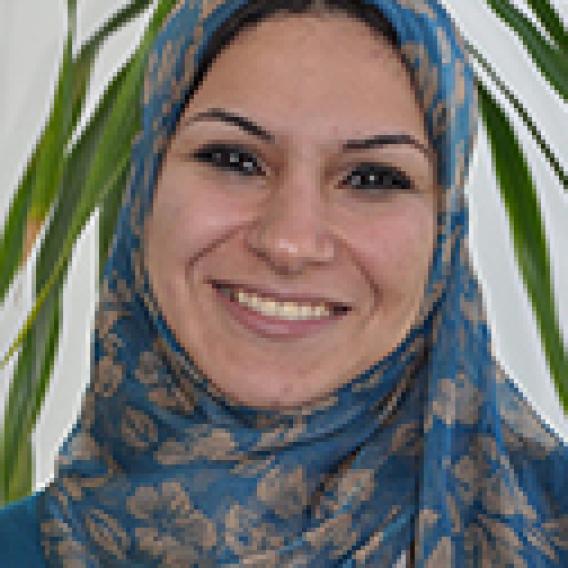
Derek Smith, Ph.D.
Postdoctoral Fellow Genentech, CA

Wenze Niu, Ph.D.
Medical Student, CA
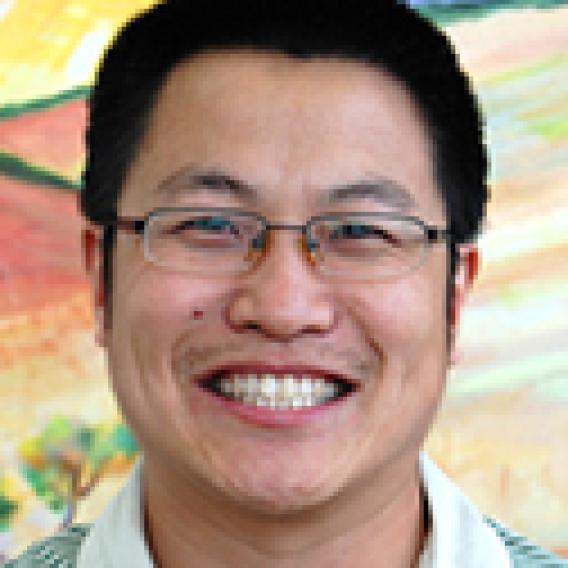
Song Qin, Ph.D.
Professor Fudan University, China
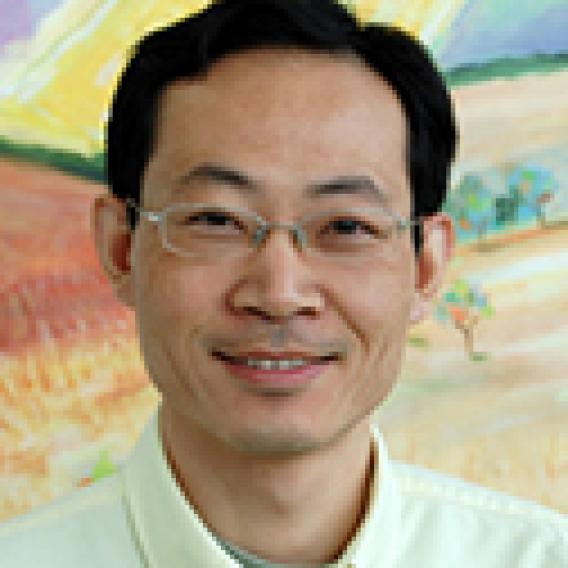
Zhida Su, M.D., Ph.D.
Professor Second Military Medical University, China
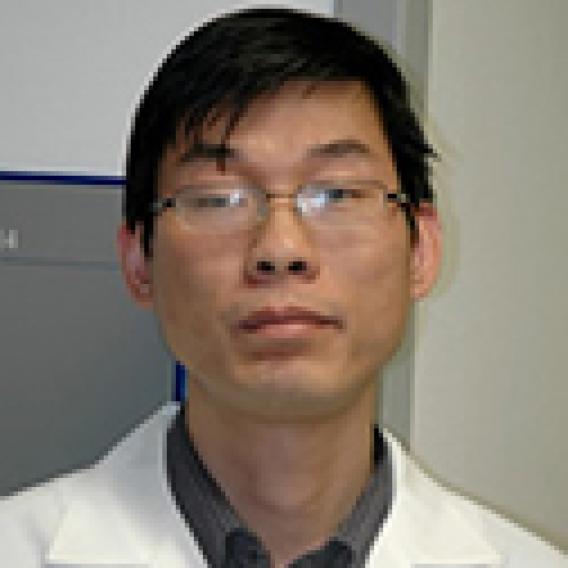
Mohammed Islam, Ph.D.
Assistant Professor King Faisal University, Saudi Arabia
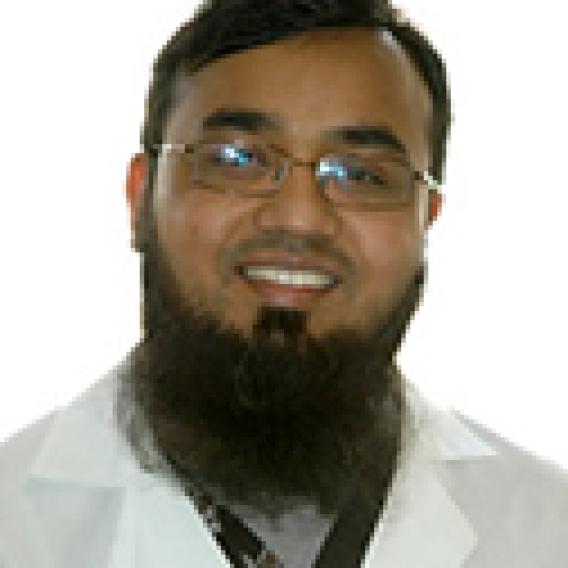
Jie Mei, Ph.D.
Professor Huazhong Agriculture University, China
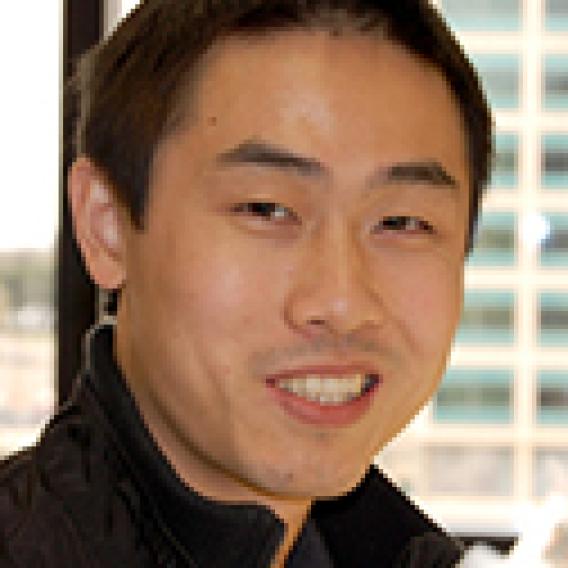
Featured Publications
Featured Publications
GADD45G operates as a pathological sensor orchestrating reactive gliosis and neurodegeneration.
Shen T, Tai W, Jiang D, Ma S, Zhong X, Zou Y, Zhang CL, 2025 May NeuronA single factor elicits multilineage reprogramming of astrocytes in the adult mouse striatum.
Zhang Y, Li B, Cananzi S, Han C, Wang LL, Zou Y, Fu YX, Hon GC, Zhang CL, 2022 Mar Proc Natl Acad Sci U S A 11 119 e2107339119Revisiting astrocyte to neuron conversion with lineage tracing in vivo.
Wang LL, Serrano C, Zhong X, Ma S, Zou Y, Zhang CL, 2021 Sep CellDisease modeling with human neurons reveals LMNB1 dysregulation underlying DYT1 dystonia.
Ding B, Tang Y, Ma S, Akter M, Liu ML, Zang T, Zhang CL, 2021 Jan J NeurosciAging-relevant human basal forebrain cholinergic neurons as a cell model for Alzheimer's disease.
Ma S, Zang T, Liu ML, Zhang CL, 2020 Oct Mol Neurodegener 1 15 61The p53 Pathway Controls SOX2-Mediated Reprogramming in the Adult Mouse Spinal Cord.
Wang LL, Su Z, Tai W, Zou Y, Xu XM, Zhang CL 2016 Oct Cell Rep 3 17 891-903In vivo conversion of astrocytes to neurons in the injured adult spinal cord.
Su Z, Niu W, Liu ML, Zou Y, Zhang CL 2014 Nat Commun 5 3338In vivo reprogramming of astrocytes to neuroblasts in the adult brain.
Niu W, Zang T, Zou Y, Fang S, Smith DK, Bachoo R, Zhang CL 2013 Sep Nat. Cell Biol.A role for adult TLX-positive neural stem cells in learning and behaviour.
Zhang CL, Zou Y, He W, Gage FH, Evans RM 2008 Feb Nature 7181 451 1004-7Class II histone deacetylases act as signal-responsive repressors of cardiac hypertrophy.
Zhang CL, McKinsey TA, Chang S, Antos CL, Hill JA, Olson EN 2002 Aug Cell 4 110 479-88NEK6 is an injury-responsive kinase cooperating with STAT3 in regulation of reactive astrogliosis.
Yu Y, Shen T, Zhong X, Wang LL, Tai W, Zou Y, Qin J, Zhang Z, Zhang CL, 2021 Oct GliaTumor cells suppress radiation-induced immunity by hijacking caspase 9 signaling.
Han C, Liu Z, Zhang Y, Shen A, Dong C, Zhang A, Moore C, Ren Z, Lu C, Cao X, Zhang CL, Qiao J, Fu YX, 2020 May Nat. Immunol. 5 21 546-554SOX4-mediated repression of specific tRNAs inhibits proliferation of human glioblastoma cells.
Yang J, Smith DK, Ni H, Wu K, Huang D, Pan S, Sathe AA, Tang Y, Liu ML, Xing C, Zhang CL, Zhuge Q, 2020 Mar Proc. Natl. Acad. Sci. U.S.A. 11 117 5782-5790Regeneration Through in vivo Cell Fate Reprogramming for Neural Repair.
Tai W, Xu XM, Zhang CL, 2020 Front Cell Neurosci 14 107Engineering new neurons: in vivo reprogramming in mammalian brain and spinal cord.
Wang LL, Zhang CL 2017 Nov Cell Tissue Res.Astrocyte-specific deletion of SOX2 promotes functional recovery after traumatic brain injury
Chen C, Zhong X, Smith DK, Tai W, Yang J, Zou Y, Wang LL, Sun J, Qin S, and Zhang CL 2017 Cerebral CortexIn Vivo Reprogramming for Brain and Spinal Cord Repair(1,2,3).
Chen G, Wernig M, Berninger B, Nakafuku M, Parmar M, Zhang CL 2015 Sep-Oct eNeuro 5 2Structural basis for corepressor assembly by the orphan nuclear receptor TLX.
Zhi X, Zhou XE, He Y, Searose-Xu K, Zhang CL, Tsai CC, Melcher K, Xu HE 2015 Feb Genes Dev. 4 29 440-50SOX2 Reprograms Resident Astrocytes into Neural Progenitors in the Adult Brain.
Niu W, Zang T, Smith DK, Vue TY, Zou Y, Bachoo R, Johnson JE, Zhang CL 2015 Apr Stem Cell ReportsTLX: A master regulator for neural stem cell maintenance and neurogenesis.
Islam MM, Zhang CL 2014 Jun Biochim. Biophys. ActaAtaxia and Purkinje cell degeneration in mice lacking the CAMTA1 transcription factor.
Long C, Grueter CE, Song K, Qin S, Qi X, Kong YM, Shelton JM, Richardson JA, Zhang CL, Bassel-Duby R, Olson EN 2014 Jul Proc. Natl. Acad. Sci. U.S.A.Reprogramming the fate of human glioma cells to impede brain tumor development.
Su Z, Zang T, Liu ML, Wang LL, Niu W, Zhang CL 2014 Cell Death Dis 5 e1463Methylene blue promotes quiescence of rat neural progenitor cells.
Xie L, Choudhury GR, Wang J, Park Y, Liu R, Yuan F, Zhang CL, Yorio T, Jin K, Yang SH 2014 Front Cell Neurosci 8 315Orphan nuclear receptor TLX regulates astrogenesis by modulating BMP signaling.
Qin S, Niu W, Iqbal N, Smith DK, Zhang CL 2014 Front Neurosci 8 74Cross-talk between KLF4 and STAT3 regulates axon regeneration.
Qin S, Zou Y, Zhang CL 2013 Nat Commun 4 2633The nuclear receptor TLX is required for gliomagenesis within the adult neurogenic niche.
Zou Y, Niu W, Qin S, Downes M, Burns DK, Zhang CL 2012 Oct Mol. Cell. Biol.A role of KLF4 in neurogenesis and radial neuronal migration in the developing cerebral cortex.
Qin S, Zhang CL 2012 Aug Mol. Cell. Biol.Activation of postnatal neural stem cells requires nuclear receptor TLX.
Niu W, Zou Y, Shen C, Zhang CL 2011 Sep J. Neurosci. 39 31 13816-28MicroRNA-146a inhibits glioma development by targeting Notch1.
Mei J, Bachoo R, Zhang CL 2011 Sep Mol. Cell. Biol. 17 31 3584-92Dysregulation of Kruppel-like factor 4 during brain development leads to hydrocephalus in mice.
Qin S, Liu M, Niu W, Zhang CL 2011 Dec Proc. Natl. Acad. Sci. U.S.A. 52 108 21117-21Nuclear receptor TLX prevents retinal dystrophy and recruits the corepressor atrophin1.
Zhang CL, Zou Y, Yu RT, Gage FH, Evans RM 2006 May Genes Dev. 10 20 1308-20The transcriptional corepressor MITR is a signal-responsive inhibitor of myogenesis.
Zhang CL, McKinsey TA, Olson EN 2001 Jun Proc. Natl. Acad. Sci. U.S.A. 13 98 7354-9For a complete list of Dr. Zhang's published work, please visit his bibliography page at the National Center for Biotechnology Information.
Lab News
Oct 2018
Stem Cell Reports Study Featured in Article
Zhang Lab study published in Stem Cell Reports is highlighted in ScienMag Science Magazine.
Nov 2017
Zhang Lab Research Highlight
Zhang Lab research highlighted in article "Selectively deleting stem cell factor promotes recovery after TBI in mice" from News-Medical.net
View ArticleOct 2016
Researchers Boost Regeneration of Spinal Nerve Cells
Zhang Lab featured in Breitbart News article, "Researchers boost regeneration of spinal nerve cells".
View ArticleFeb 2016
Zhang Lab Research in Article from ResearchAls.org
Research by Zhang Lab is featured in the article, "Induced Motor Neurons May Provide New Insights on the Role of Cellular Aging in ALS" from ResearchAls.org
Jan 2016
Zhang Lab featured in ALSNewsToday.com
Research by Meng-Lu Liu, Ph.D., and the Zhang Lab is featured in the article "Dysfunctional ALS Patient Skin-Derived Muscle Neurons Rescued by Kenpaullone" from ALSNewsToday.com
View ArticleDec 2014
Zhang Lab featured in The Scientist Magazine
The Zhang Lab was featured in the article "2014's Big Advances in Science" from The Scientist Magazine.
Apr 2014
Proof of Principle for Reprogramming Cells
The Zhang Lab is featured in the article "Proof of Principle for Reprogramming Cells to Repair a Damaged Spinal Cord" from Neurology Today.
View ArticleContact Us
Chun-Li Zhang, Ph.D.
Dept. of Molecular Biology
UT Southwestern Medical Center at Dallas
6000 Harry Hines Blvd.
Dallas, TX 75390-9148
Get directions
Email
ph. (214) 648-1670 (office)
(214) 648-4946 (lab)
fx. (214) 648-1488
Join Our Lab
Be part of the great impact we're having on science and medical care across the globe.
Zhang (Chun-Li) Lab is currently recruiting highly motivated graduate students and postdoctoral fellows. Please reach out to us below with your information to learn more about existing opportunities.